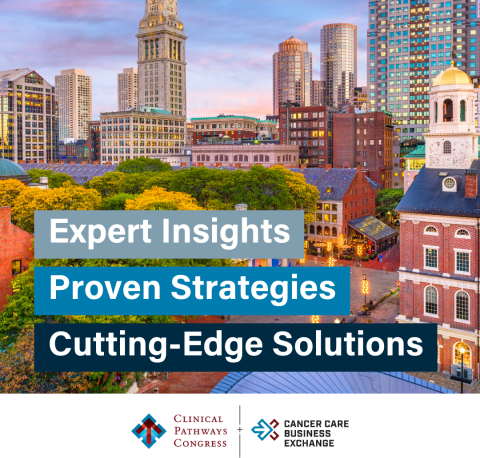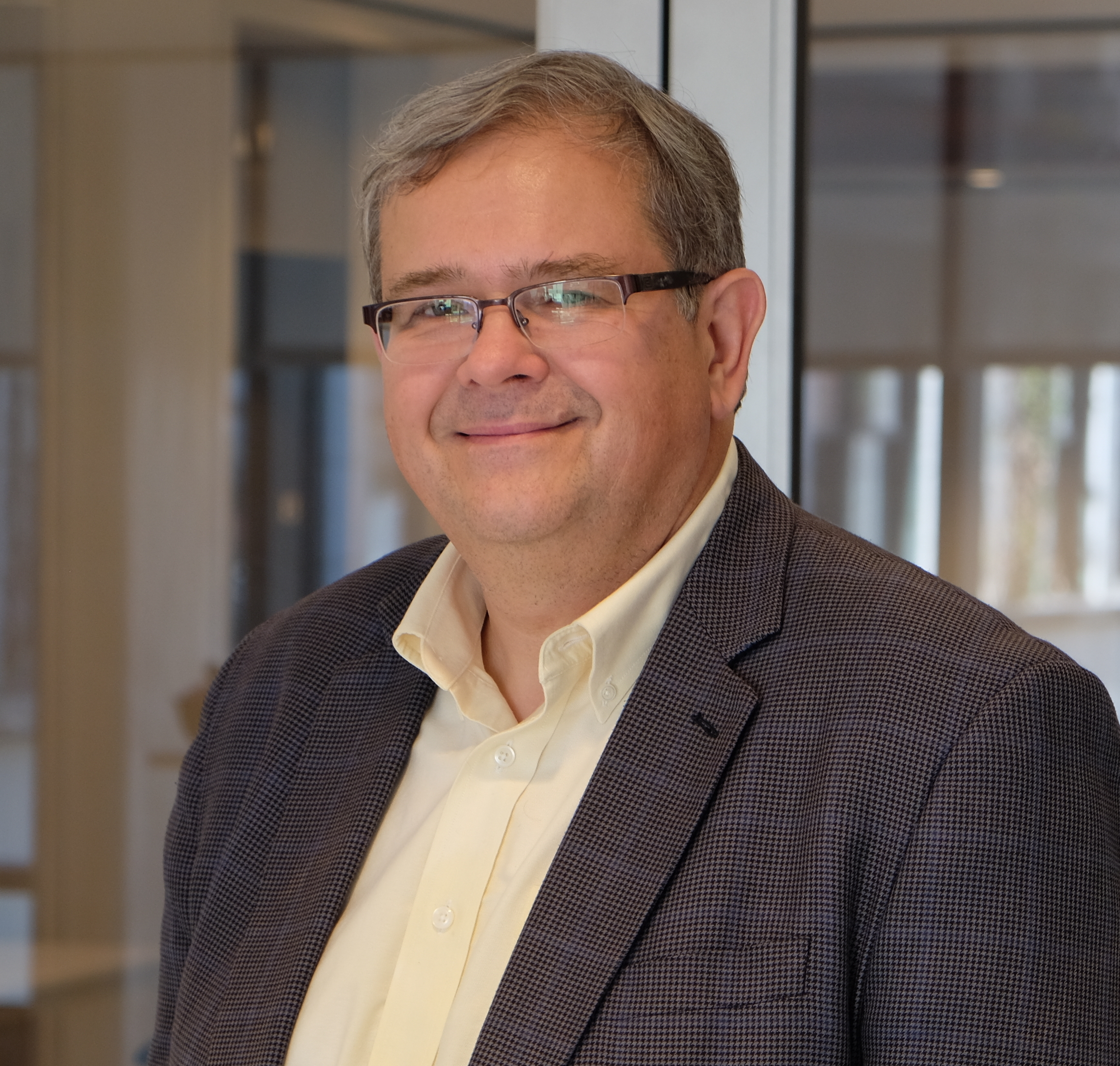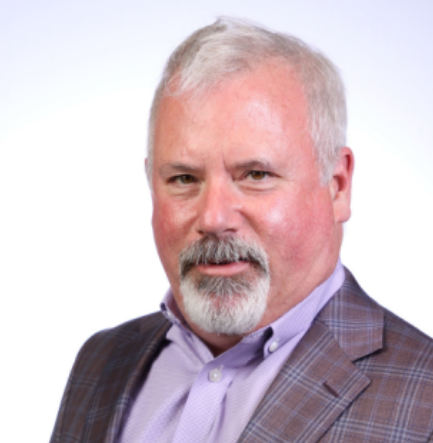Second Opinions in Oncology: Quality, Communication, and Patient Confidence
In this episode of Breaking Down Health Care, John Hennessy and Dr Michael Kolodziej explore the many dimensions of second opinions in oncology—ranging from in-practice consultations to academic referrals, payer-sponsored programs, and emerging virtual and artificial intelligence (AI)-driven models—highlighting both their value in improving patient confidence and care, as well as the real-world barriers that keep most patients from seeking them.
John Hennessy, MBA: Hi everybody, John Hennessy here. I'm a consultant with Valuate Health Consultancy. I'm joined by my good friend Mike Kolodziej to talk about Breaking Down Health Care. We're going to riff on one of his Substack posts about second opinions.
Second opinions can mean a bunch of different things, Mike, and I want to talk about 3 different types. To start, you were in a big practice. There are things like second opinions inside the practice where a general oncologist might want to have more information or advice from a colleague who specializes in a particular area. Can you talk about that kind of second opinion and how that works in practice?
Michael Kolodziej, MD: As you have pointed out, the opportunity to turn to a colleague who is your partner is confined to the large community practices. We had 40 doctors. We had a very fine neuro-oncologist. Most community oncologists don't see a lot of brain tumors, and I sent every single patient with a brain tumor I had to her. I knew she was going to provide excellent care.
I also really did not have a lot of expertise in acute leukemia. I did when I started, the field advanced and I didn't quite keep up. In fact, there was one hospital in our catchment area where I had partners, and I would send my patients with acute leukemia to them. I knew the patients would be best served by that.
In other areas, it's not quite as clear-cut, especially in common tumors. I took care of a lot of patients with breast cancer. I don't think I ever referred within the practice to a partner for a patient with breast cancer. I also took care of a lot of patients with prostate cancer. My partners knew it, and they rarely sent me patients unless the patients asked that I see them.
I would say that the situation where there is specialized expertise within a practice works very well for the patient and works very well for the physicians. There are none of the barriers to external referral—like insurance barriers, for example, added cost, network considerations, or fear of losing the patient—because your partner is going to care for the patient. I would say that when you have such an opportunity within a large practice, it works very well.
Now, the problem is the average oncology practice in America is like 5 doctors. It's really hard to have the majority of oncology practices execute on an in-practice expertise model. That said, I think we both are aware—and our listeners are aware—that as the practices get bigger and bigger, individual physicians within their practice develop expertise around a particular tumor type. For example, referrals might be channeled to that person.
As I said, I saw a ton of the patients with prostate cancer because when the patients were first referred to the practice, they would be steered to me. Likewise, I had partners who—especially female physicians—were expert in breast cancer and gynecological malignancies, and patients were referred to them.
It works out okay. Do I have evidence that they provide higher-quality care? I don't have evidence, but I know very well I should not have been caring for some of those patients. It worked out pretty well for everybody, I'd say.
Hennessy: That's true. We used to think of that as a curbside consultation sometimes.
Mark Myron in our practice was the sarcoma expert, but for patients who didn't want to travel an extra 30 minutes, he could give a one-time opinion and return that opinion back to the original doctor, so patients didn't have to have that additional logistical challenge of getting across town for that one part of the care continuum.
What we see here—and I imagine you saw in your community—is that I drive up and back to the airport a few times a month, and there's a big billboard from the University of Kansas talking about second opinions: "Your journey isn't interrupted by one. It starts as one."
Talk about the more disruptive second opinion, which is either patient initiated or oncologist initiated, sending someone off to an academic center, and maybe think about whether that's a consultation (“Tell me what to do and I'll do it”) or whether that turns into “What happened to my patient?”
Dr Kolodziej: Just to state at the very beginning, I'm a big proponent of external second opinions. I think they accomplish several things. Number one, they help a patient build confidence. The patient becomes secure in the recommendation, that it's a sound recommendation and the best possible care for them. That's one very important piece to obtaining a second opinion.
The second is, especially for an oncologist, second opinions provide an opportunity for an academic medical center's radiologist and pathologist to look at those diagnostic studies. Invariably, the accuracy of those reports is critical to making a good therapeutic recommendation.
I liked my pathologists and radiologists; they didn't look at non-Hodgkin's lymphoma every day of the week. That's a great example of where a particular histological finding or immunopathological finding could influence the treatment strategy. I felt really good as the doctor that I got that second look.
The third thing, of course, is clinical trials. I have a patient and I'm interested in a clinical trial. A second opinion, to an institution that has a clinical trial, is often very good for the patient. Whether they choose to go or not, at least they find out what's available.
The fourth thing is, I think there are some areas in medicine where there is special expertise within high-volume academic medical centers for certain procedures. In the blog, I talk about the Whipple procedure. There's actually plenty of evidence that high-volume centers, places that do this all the time, do better. They just do. They have lower surgical complication rates, shorter length of stay, and less readmissions. There's a reason to send patients for second opinion if they have certain diagnoses and need particular interventions.
The last thing is that sometimes I just didn't know what to do. I didn't know the right thing to do for the patient. Maybe it was a rare cancer or maybe things just didn't feel right, and it allowed me to get added advice. I thought there were reasons to do a second opinion, and yet, even though I was very supportive of patients getting a second opinion, most did not. Most patients do not get second opinions.
I actually looked at this when I worked at Aetna. We did a project to see how commonly Medicare Advantage patients and commercial patients went for second opinions. It's so low, it's like less than 5%, less than 2% for Medicare patients. They don't want to go out of their comfort zone.
Sometimes they don't want to do that because they're afraid that they're going to offend their doctor. That, of course, is ridiculous. Sometimes they're worried about the cost. The fact of the matter is that most commercial health insurance and Medicare will pay for second opinion. They'll pay for it.
When I was at Aetna, we had what I thought was quite a progressive policy. We not only paid for second opinions but also paid for travel to go to get a second opinion. What has recently become an issue is making sure that the provider—the physician or the center providing the second opinion—is in network.
This is particularly relevant for Medicare Advantage because Medicare Advantage will pay for it, but they'll only pay for it if you go to an in-network participant. All that said, there are impediments to getting second opinions. One is, of course, the fact that the patient has to take time off from work or they have to travel or they don't have a support system.
The second thing is that it's administratively kind of a pain in the butt to execute on the second opinion because the patient has to get all of their records, slides, scans, and all that other stuff, and the doctor's office usually has to help the patient do that. It is an uncompensated mandate to do that. If you want to do it right, it takes time, effort, and administrative support. That's always a pain.
The third thing is that the quality with which the second opinion physician, staff, or team, communicates with the primary physician is often not great. I can give you countless examples of times where the patient got the second opinion, they're on their way back home, they're already calling your office to get an appointment to discuss the opinion, and you have no idea what the second opinion said. No idea.
Of course, there are the cases where, I won't say the second opinion doctor steals the patient, let's just say the patient chooses to go and receive care at the facility where they obtain the second opinion. That creates some bad feelings, not necessarily for the patient, but I think it makes the physician feel a little bit unhappy.
Hennessy: It's interesting you described that because you've described some variances between structured second opinion programs. A payer would sponsor it, or you think of things like AccessHope or MSK Direct versus just sending somebody through a 1-800-REFERRAL service to the University of God knows what.
The other thing we've seen develop is the concept of this remote second opinion. “Send your records and we'll tell you what you ought to do.” I wonder if that fails to integrate the patient's values in a way that helps the patient make a decision. In other words, if you're just looking at the data, do you know if the patient values staying close to home? Do they value reduced side effects versus aggressive treatment? How do you approach that where you get a recommendation, and it doesn't really have everything you need to help the patient make that tough decision?
Dr Kolodziej: Again, I think the virtual second opinions have certainly changed over time. During COVID, for example, that was the only way to obtain a second opinion. I would say that because rules regarding cross-state border medical licensure were waived, it was more successful. Now we're back to the good old days.
When I was in practice, Dana Farber had a program. I only had a couple of patients choose to do it. Most would rather travel. They like the personal touch. Did I think the quality of the second opinion was adequate? Yeah, I did. I actually thought that they received a fair recommendation. But what you and I are doing now is very different from sitting in an exam room with a doctor where it's a big deal and there's a lot of anxiety.
That said, the new program, the AccessHope program that you mentioned, I find fascinating because City of Hope built this program and they've convinced a bunch of other high-profile regional academic medical centers to participate.
They've marketed to employers. They've gone to health plans, but they've also gone to employers. My understanding is that they've had some success. It looks like a pretty good program. They have published on what they've learned. They've published on pancreas cancer and lung cancer. They've tackled some of the challenges regarding communication with the referring physician. If you believe in Net Promoter Scores, they get really high Net Promoter Scores, so the users of the service like it. We'll see how that all plays out. I'm very interested.
I would say that payer-sponsored ones have never really worked out very well. Partially, I think, it's because the patients don't trust the payer. Why do you have to do this? Is it because you don't want to pay for the original recommendation? It was offered by different vendors. Throughout my tenure at Aetna, it never really caught on. We'll see.
I still think that second opinions are very important, although we should concede that there is a paucity of evidence, especially in oncology, that the recommendation of the second opinion improves the patient outcome. That may sound ridiculous, but if you look at the studies, what they report on is how commonly they changed the diagnosis or the recommendation, not how commonly the patient lived versus died.
Maybe the first doctor was right and maybe the second doctor was right. I don't know how you tell who was right, but the presumption in these articles—which are, of course, written by the people who generate the second opinion—is that “We saved that patient from bad stuff. We were right.” That may or may not be true. I need health outcomes in order to determine whether the first opinion or the second opinion was more correct. We have a long way to go.
The other thing I want to say is artificial intelligence (AI) is going to change everything. The consumer-facing ability to get all of your medical information entered into some AI database and receive a diagnosis and recommendations, I think, is going to change the world.
Hennessy: I tend to agree with you. I think AccessHope has taken the second opinion to another level compared to Grand Rounds or 2nd.MD. They have reported on some costs and economic outcomes, but to your point, did the patient get more of what they wanted because of the second opinion? Whether that's overall survival or quality of life, that's an important thing.
That would be great to measure because then we can tell if it's changing patient's lives, which is why we're all here.
Dr Kolodziej: Having just dealt with this in a friend who pursued a second opinion, the first doctor got ticked off. Our goal should be for the patient to receive the care that they want and should have. We talk about patient-centric when it suits us. This is an area where patient-centric is the only thing that matters at the end of the day.
Hennessy: Thanks for joining us today in Breaking Down Health Care. We'll be back soon with yet another topic as Mike and I talk about how we make oncology better, just the two of us in our basement. But we look forward to seeing you soon. Send us a note if you'd like us to talk about a particular topic.
© 2025 HMP Global. All Rights Reserved.
Any views and opinions expressed are those of the author(s) and/or participants and do not necessarily reflect the views, policy, or position of the Cancer Care Business Exchange or HMP Global, their employees, and affiliates.













